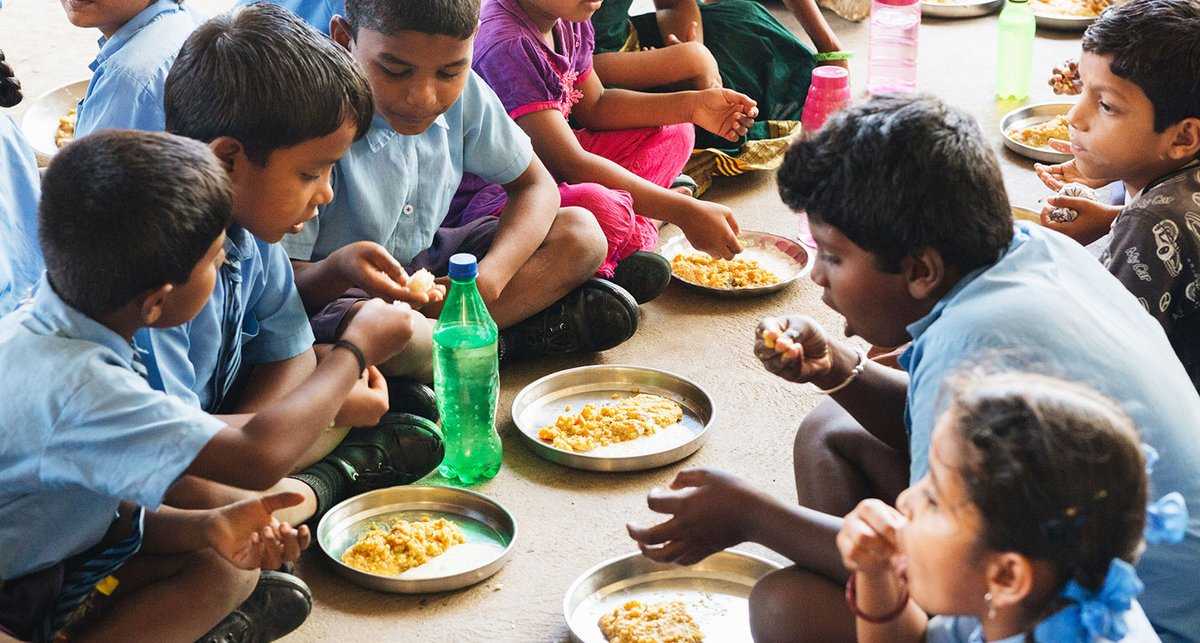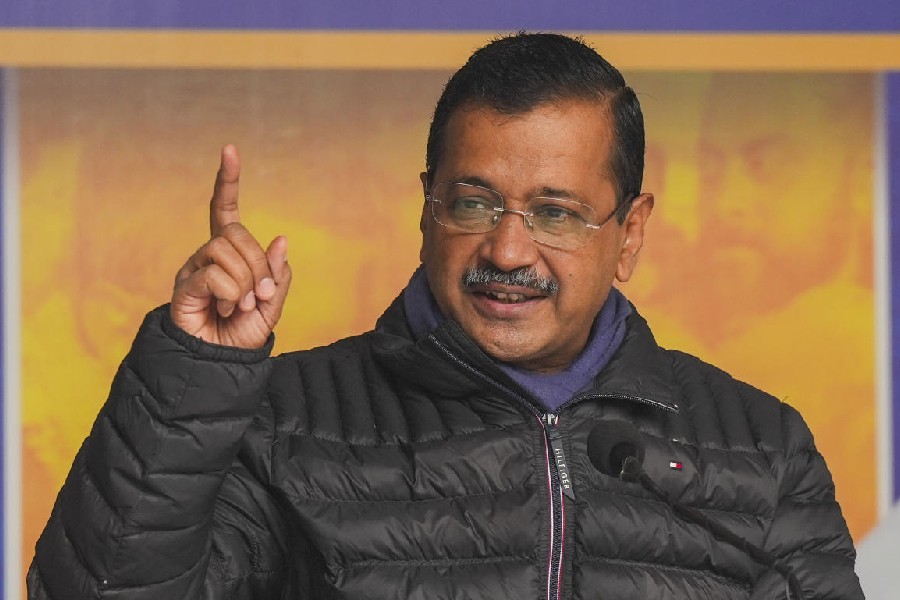India has entered an era of myths. Various decisions are made on the basis of belief rather than fact or scientific principle. In Karnataka, religious leaders advised the state’s education minister about schoolchildren’s need for moral education and satvik food — vegetarian food without onion and garlic — in midday meals, presumably to encourage good conduct. That the place of academics and nutritionists should be taken by religious leaders is absurd enough, but the recommendation of vegetarian food in a country that is home to more than one-third of the world’s malnourished children under five is simply dangerous. There are two myths at work here. One is that abjuring flesh in the diet would prevent ‘negative’ acts. And two, that vegetarianism is preferred by the majority of Indians. Even without going into the empirical evidence against the first belief — that would bring up questions about certain religious leaders — it may be mentioned that more than 60 % of Indians are not vegetarian, in spite of what the saffron brotherhood would like people to believe. At the very least, forcing everyone to turn vegetarian is a violation of freedom and personal autonomy.
The midday meal scheme was intended to reduce drop-out rates; it ensured at least one filling meal a day for children from underprivileged backgrounds. The State could thus help in allround growth and improved health for all children. Experts provided the necessary nutritional information for each age group. Unfortunately, not all schools have followed these requirements; the supply of protein is low or irregular in numerous cases, often because of insufficient funds. The lockdown and job losses worsened situations at home. In May 2022, India had 5,772,472 children suffering from severe wasting, according to Unicef. This was the largest number of children in the world affected with severe acute malnutrition; Unicef called it the ‘overlooked child survival emergency’. In this context, West Bengal’s decision to provide chicken and seasonal fruits in midday meals till April is welcome, even when it is being derided as a political move before the panchayat elections. The state government claimed that it did not have the funds to continue beyond April. Whatever the reason, protein-rich midday meals, even for a short spell, are helpful in the emergency described by Unicef. Satvik midday meals are alarmingly out of touch with children’s needs.











